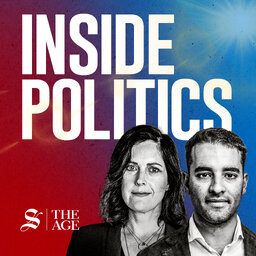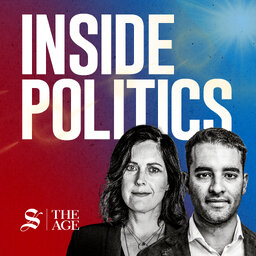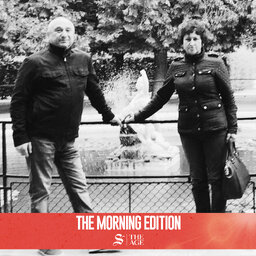The downfall of Justin Trudeau
In what has to be one of the more stunning political reversals of fortune, Canadian prime minister Justin Trudeau has resigned.
So, what happened to the former golden boy of progressive politics? He was, after all, the man seen as the ‘good cop’ in North American politics, for so long - the counterpoint to Donald Trump.
Today, digital foreign editor Chris Zappone on the downfall of Justin Trudeau, after nearly a decade in power. And how a new Canadian prime minister might impact the rest of us.
 The Morning Edition
The Morning Edition



